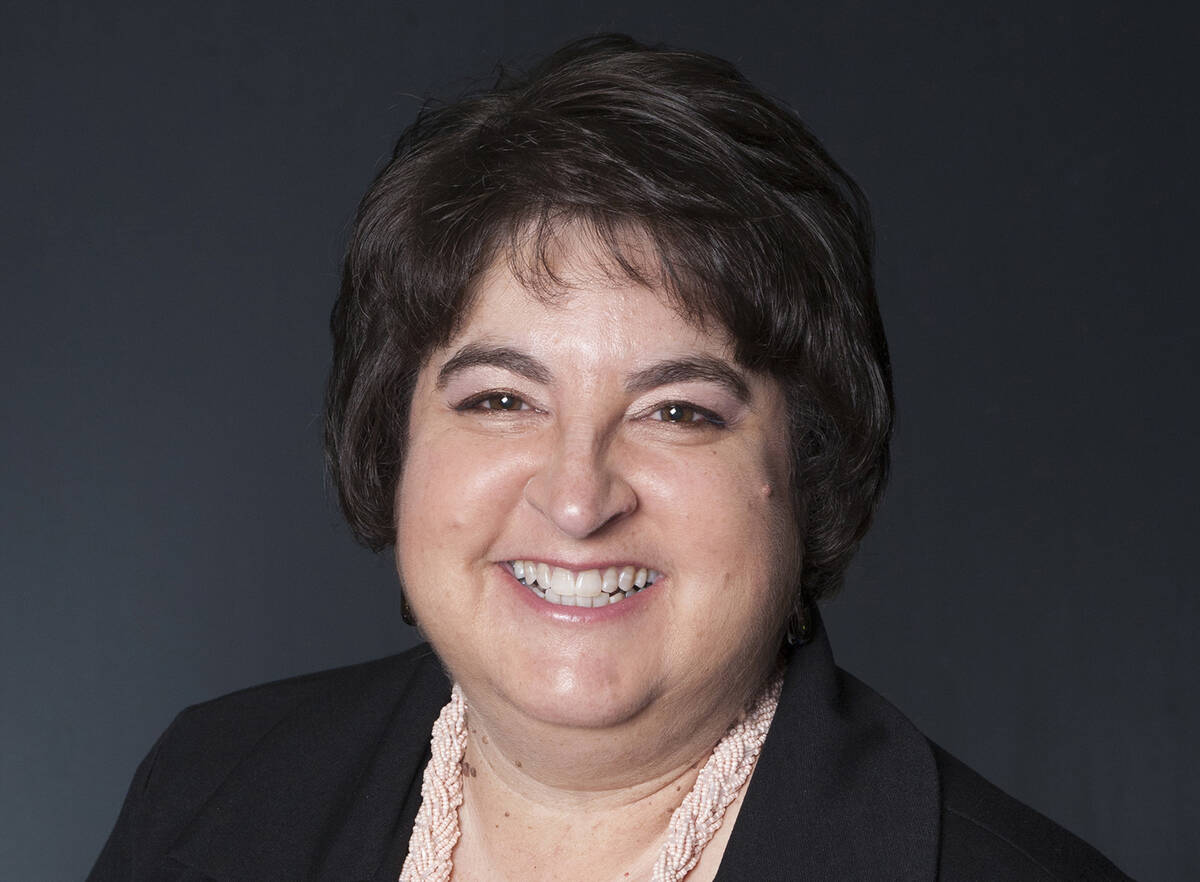Vaccine much more than medical tool
By definition, a vaccine is “a preparation that is used to stimulate the body’s immune response against diseases,” according to the Centers for Disease Control and Prevention.
The World Health Organization says they are a simple, safe and effective way to protect people from harmful diseases.
Vaccines have a long and storied history. A timeline on historyofvaccines.org shows they were first used around 1000 by the Chinese to battle smallpox. In 1796, Edward Jenner began using cowpox material to create an immunity to smallpox and, its evolution over the course of the next 200 years, resulted in its eradication.
In 1885, Louis Pasteur’s rabies vaccine made an impact and helped foster the development of vaccines against diseases such as diphtheria, tetanus, cholera, typhoid and tuberculosis. More research and development followed in the middle of the 20th century resulting in vaccines for polio and common childhood diseases such as measles, mumps and rubella.
The vaccines and immunizations proved to be so effective that many school districts, including Clark County School District, require proof that they have been received before a child can be enrolled.
While there have been those opposed to vaccines since they were first introduced, for the most part they were viewed as a good thing. But now you can barely whisper the word vaccine without creating heated arguments both for and against them.
Plenty of those opinions have been shared on this very page, sparking criticism for spreading misinformation regardless of which position was being taken.
It’s no wonder that Merriam-Webster’s word of the year is vaccine.
In its selection of the word, Merriam-Webster wrote, “In everyday use, words are useful tools that communicate assertions, ideas, aspirations, and uncertainties. But they can also become vehicles for ideological conflict.
This is what happened to vaccine in 2021. The promising medical solution to the pandemic that upended our lives in 2020 also became a political argument and source of division. The biggest science story of our time quickly became the biggest debate in our country, and the word at the center of both stories is vaccine.”
There is little doubt that people’s arguments are based on their firmly held beliefs and little can be done to sway them from those thoughts and opinions. Not scientific evidence. Not newspaper or magazine articles. Not political policies. Not conspiracy theories. And definitely not shame or name calling.
Whether you believe in the effectiveness of the COVID vaccine or not, interest in the word itself has been intense. From 2020 to 2021, Merriam-Webster reported a 601 percent increase in the number of times it has been looked up. And if you compare that to 2019 before the pandemic exploded worldwide, the number of lookups of the word vaccine increased 1,048 percent.
This interest, along with the fact that the vaccine for COVID works differently than previous vaccines, encouraged Merriam-Webster to change and expand its definition.
“The use of a vaccine that triggers an immune response in an entirely new way required that Merriam-Webster revise and expand its entry for the word, which the company did in May,” they wrote.
Their selection was based on the fact that the word vaccine was about so much more than medicine in 2021. For some it symbolized hope. For some it symbolized the government’s attempt to take away freedoms. For others it represented health care inequality.
It’s rare that one word can express so much. It’s no wonder that it is on the top of people’s minds, at the tips of their tongues and has become the word of the year.
Hali Bernstein Saylor is editor of the Boulder City Review. She can be reached at hsaylor@bouldercityreview.com or at 702-586-9523. Follow @HalisComment on Twitter.







